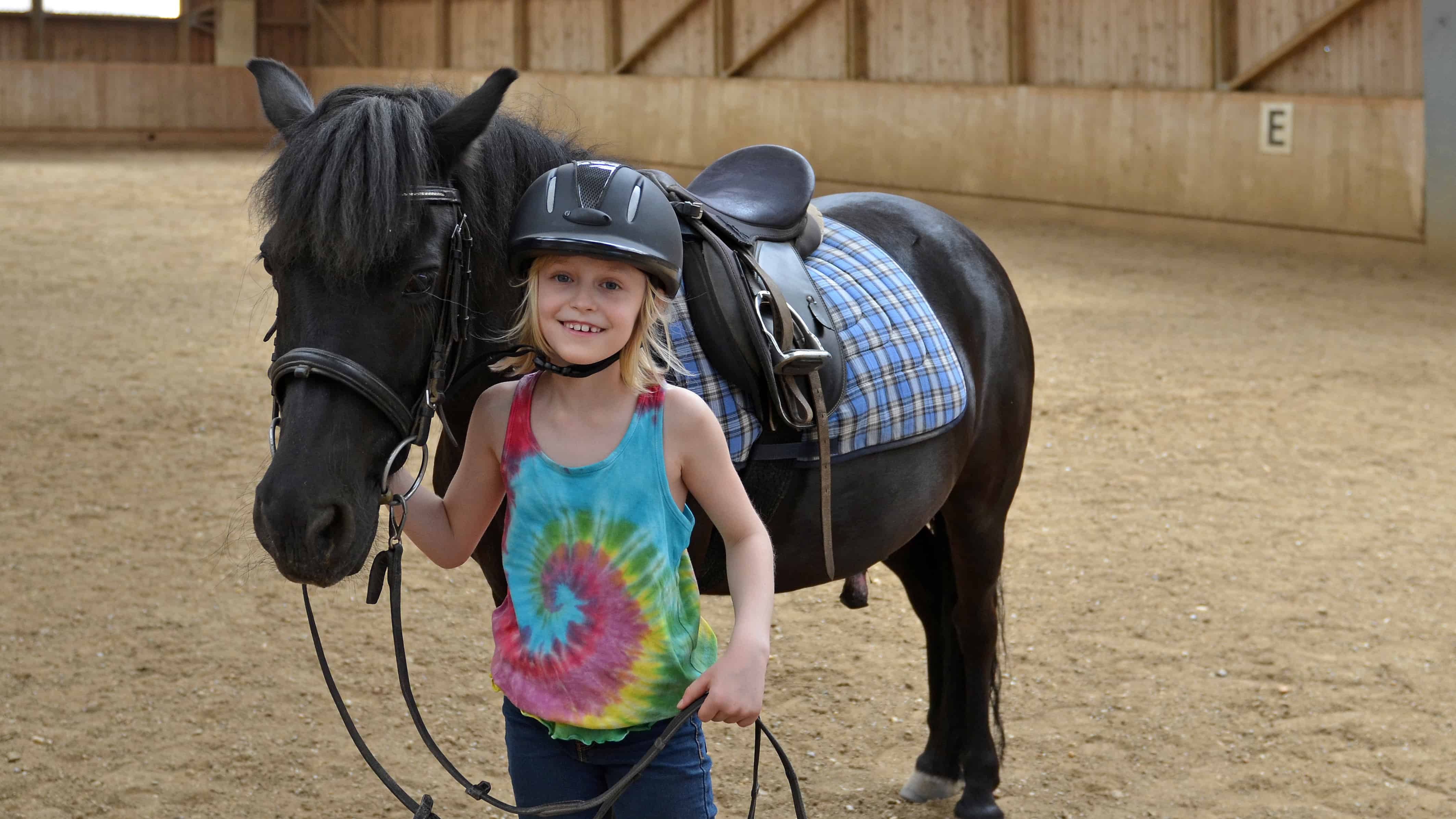A follow-up study on the effects of horse therapy suggests that it has significant long-term benefits for children with autism spectrum disorders.

In previous research in 2015, involving 127 participants with ASD, a team led by Robin Gabriels found that children participating in a 10-week horse therapy program exhibited improvements in irritability and hyperactivity as well as increased word fluency compared to children participating in activities in a barn setting but not interacting with horses.
In the new study, the researchers reevaluated 64 of the children six months after their therapy sessions ended. They found that the children continued to exhibit reductions in irritability (although not hyperactivity) compared to the controls. In addition, the riding group sustained their initial improvements in social communication and word fluency.
Gabriels comments, “There is growing evidence that human-animal interventions can improve emotional health and social wellness in youth, particularly those with autism spectrum disorder. Our study was rigorous and the findings remarkable.”
Citations:
“Long-term effect of therapeutic horseback riding in youth with autism spectrum disorder: a randomized trial,” Robin L. Gabriels, Zhaoxing Pan, Noémie A. Guérin, Briar Dechant, and Gary Mesibov, Frontiers in Veterinary Science, July 16, 2018 (free online). Address: Robin Gabriels, robin. [email protected].
—and—
“Children with autism spectrum see benefits from equine therapy,” David Kelly, news release, University of Colorado Anschutz Medical Campus, October 30, 2018
This article also appears in Vol. 33, No. 1, 2019, of Autism Research Review International
Research on non-psychoactive cannabis extract use for autism symptoms
Learn about emerging research on the effectiveness of cannabidivarin (CBDV) on irritability and repetitive behaviors in children with ASD. CBDV is a non-psychoactive chemical compound and does not cause
Addressing Symptoms of PANS and POTS Nutritionally
Vicki Kobliner MS RDN is a Registered Dietitian/Nutritionist with years of expertise in applying a functional approach to nutrition. She develops individualized plans for clients
Preconception and Prenatal Care – A Nutritionist’s Perspective
Vicki Kobliner, MSRD, discusses steps for optimizing preconception and prenatal health through good nutrition. She contextualizes the epidemic of chronic illnesses in children and underscores nutrition-based GI health and detoxification. The speaker




